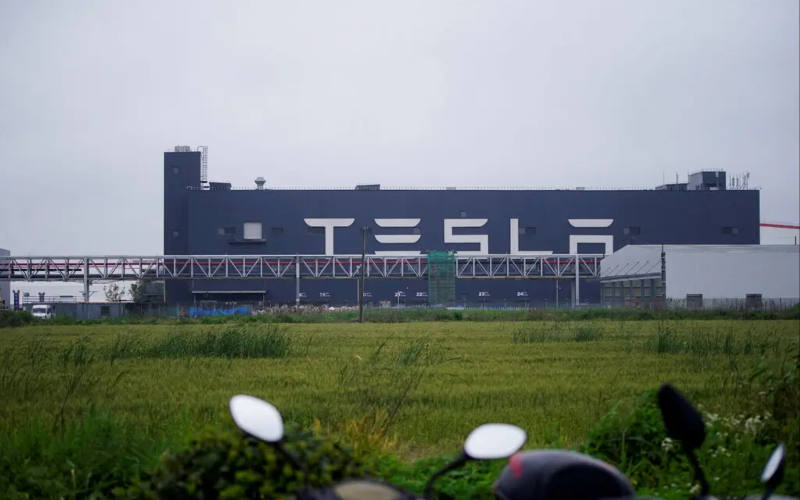Tesla’s CEO, Elon Musk, revealed on Sunday that his business would construct a facility in Shanghai with the goal of producing 10,000 enormous batteries each year for electric producers and distributors.
The batteries, which Tesla refers to as Megapacks, are made to store a lot of electricity; per Tesla, a single Megapack can power 3,600 households for an hour.
When the local power grid is overloaded or there is a blackout, the batteries—which are about the length and height of an international shipping container—can discharge the electricity needed to power houses or factories.
Electric utilities are switching from fossil fuels to wind and solar energy, therefore the ability to store electricity when it is not needed is essential. Grid-storage battery demand is particularly high in China.
Many provinces now mandate that brand-new solar and wind farms include adequate batteries to store between 10% and 20% of the electricity they produce.
In reaction to widespread outages in the fall of 2021, when demand outstripped the capacity of the country’s power suppliers, China has likewise started liberalising its power markets. Some office skyscrapers had to be evacuated before their elevators lost power, and many factories were shut down for days.
When a chemical factory’s power supply failed unexpectedly, a portion of it burst into flames, hurting scores of workers while keeping the right balance of temperature, pressure, and other factors for its operations.
In an effort to promote more efficient use of energy, China has responded by allowing electricity costs to vary significantly more during the day. When the sun is shining brightly or the wind is blowing hard, electricity becomes cheap, producing so much renewable energy that factories and residences might not be able to consume it all right away.
When a chemical factory’s power supply failed unexpectedly, a portion of it burst into flames, hurting scores of workers while keeping the right balance of temperature, pressure, and other factors for its operations.
In an effort to promote more efficient use of energy, China has responded by allowing electricity costs to vary significantly more during the day. When the sun is shining brightly or the wind is blowing hard, electricity becomes cheap, producing so much renewable energy that factories and residences might not be able to consume it all right away.
Tesla is involved in renewable energy as well; it is a significant US producer of solar panels.
Huge batteries enable electricity producers, consumers, and even investors to purchase it while it is inexpensive and sell it when the cost rises.
“It’s that gap that determines whether storage is in the money or not,” said David Fishman, a senior manager at the Lantau Group, an energy consulting firm in Hong Kong.
In a tweet, Mr. Musk stated that the new factory’s purpose was to “supplement output of Megapack factory in California.” Companies have been under pressure from the Biden administration and the Chinese government to invest heavily in cutting-edge technologies.
Rechargeable battery production in the United States is encouraged by the $370 billion Inflation Reduction Act, which President Biden signed into law last year and will serve the domestic market.
NYTIMES











